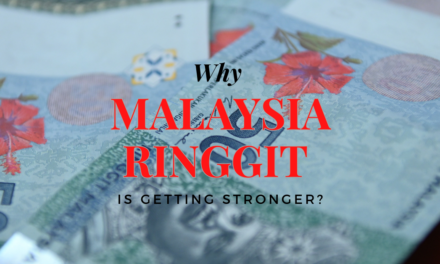The Malaysian government plans to reintroduce GST once the minimum wage rises to RM3,000, ensuring citizens are financially prepared for this tax. This proactive approach balances the tax burden with increased wages. Furthermore, GST will generate consistent government revenue that supports public services and infrastructure. However, it may lead to higher prices for goods and services, impacting household budgets and small businesses. Nevertheless, wage increases will help cushion these challenges, ultimately promoting a smoother transition for everyone.
How Will GST Be Implemented in Malaysia Again?
Conditional Reintroduction:
- The government will reintroduce GST based on specific economic conditions. Importantly, it has set a crucial benchmark that the minimum wage must reach RM3,000 before considering the tax’s return.
Focus on Financial Stability:
- The government’s priority is to ensure that citizens have sufficient financial capacity to handle any additional tax burden, safeguarding their economic well-being.
Economic Environment Consideration:
- Implementation will involve thorough analysis of the overall economic landscape, including inflation rates, consumer confidence, and market conditions, to ensure the timing is appropriate.
Public Consultation and Transparency:
- Additionally, the government may engage in public consultations to gauge sentiment towards the GST’s reintroduction. This engagement fosters transparency and understanding among the populace.
How Will GST Impact Malaysia?
Positive Impacts of GST:
- Increased Government Revenue:
- GST could provide a consistent and substantial revenue stream for the government, which can be reinvested in public services, infrastructure projects, and national development initiatives.
- Reduction of Fiscal Deficits:
- With additional revenue, the government can work towards reducing fiscal deficits, promoting economic stability and sustainability.
- Improvement of Public Services:
- Enhanced revenue can lead to improved healthcare, education, and public infrastructure, benefiting the overall quality of life for citizens.
Negative Impacts of GST:
- Cost of Goods and Services:
- The introduction of GST may increase the prices of goods and services, which could reduce consumer purchasing power, particularly affecting low- and middle-income households.
- Impact on Household Budgets:
- Families may face tighter budgets as they adjust to rising costs for essential goods, potentially leading to a decline in living standards.
- Challenges for Small Businesses:
- In addition, small businesses could encounter difficulties with GST compliance, facing increased operational costs and potential price hikes to maintain profit margins.
- Mitigation Strategies:
- In addition, small businesses could encounter difficulties with GST compliance, facing increased operational costs and potential price hikes to maintain profit margins.
Citation
- The Star. (2024, October 14). Anwar: GST again only after incomes rise. The Star.





